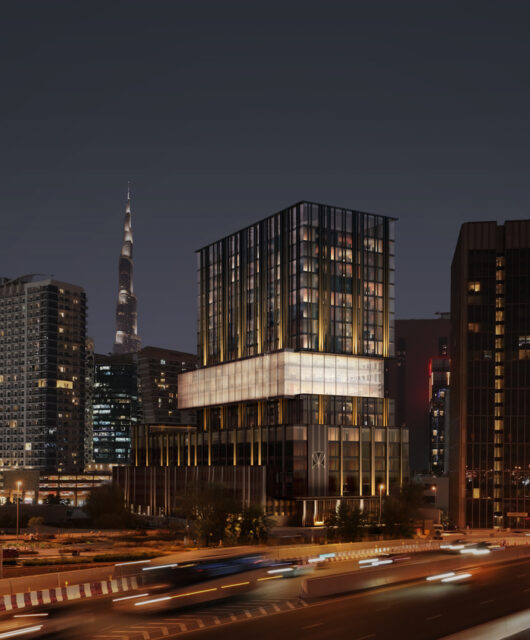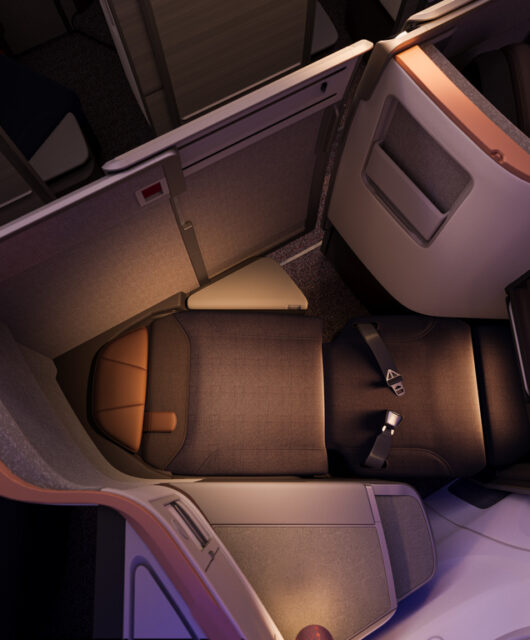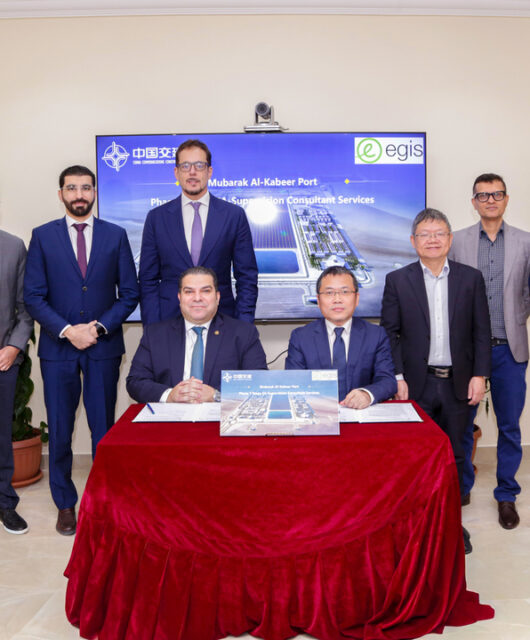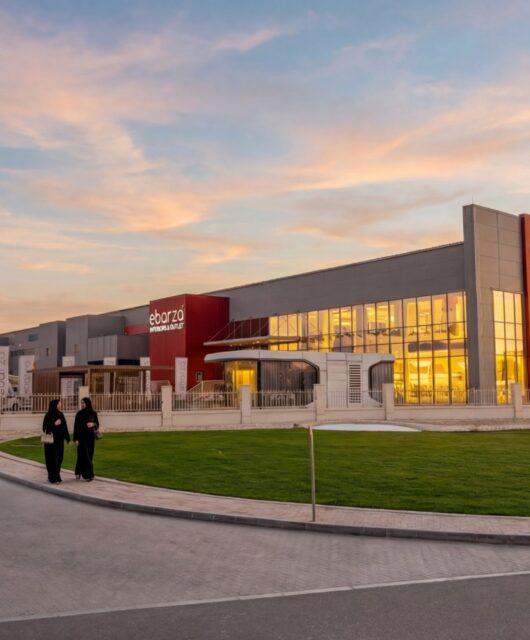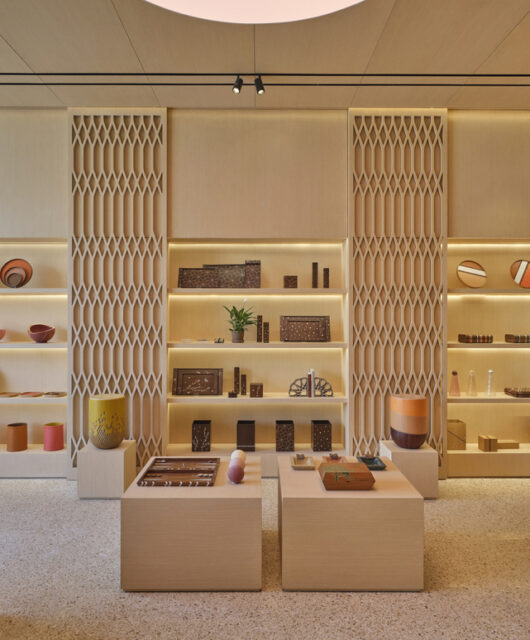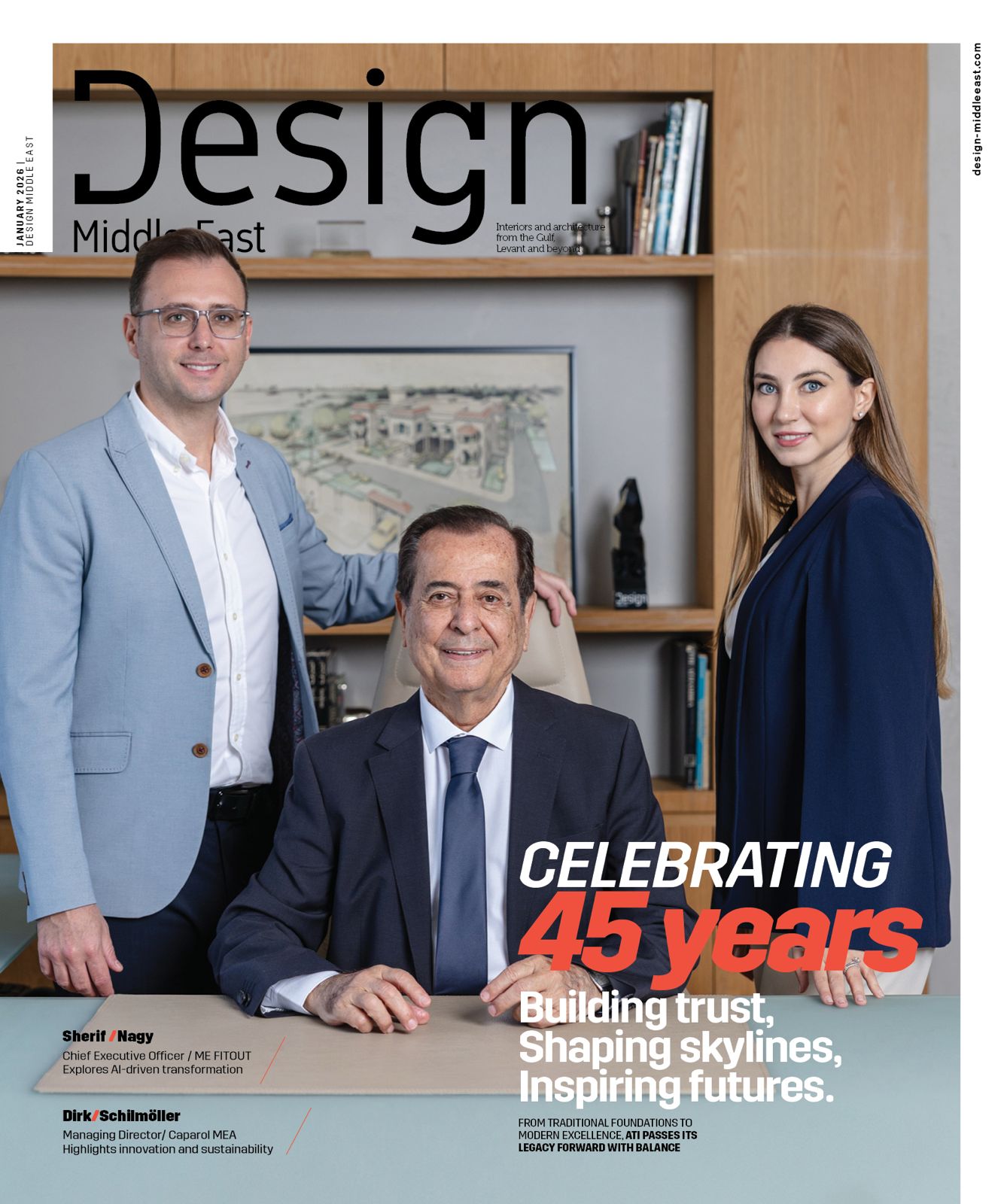
We live in a time where good design must work seamlessly with the principles and practise of sustainability. If we are to combat climate change and reshape our urban environments to address the needs of future generations, then we need to rethink almost every aspect of our cities – and of course, that includes our buildings. That’s why we’re happy to showcase the work of Zaha Hadid Architects, and more specifically our project to design Bee’ah’s new headquarters, at Bee’ah’s exhibition being held to mark the inaugural Sharjah Architecture Triennial. This has been a landmark project for Zaha Hadid Architects and one that we think will be a benchmark for the principles of sustainable design – and also the power of collaboration. But first to give some background to our involvement in the venture: in 2013, Bee’ah invited architects to submit their designs for a structure that would be sustainable in design and operation. As the Middle East’s leading sustainability pioneer, it made sense for Bee’ah to invest in a holistic sustainable development, so we submitted the outlines for a building that would seamlessly merge with its natural desert surroundings, shaped like intersecting desert dunes in a formation that maximises natural daylight while limiting exposure to the glare of the sun.

Creative partnerships
To mention a few of these partners, the environmental design consultants Atelier Ten helped work on the building’s sustainability aspects from an early stage, with BuroHappold Engineering then pushing the project to another level in terms LEED Platinum requirements. Al Futtaim was chosen as the main contractor, Unger Steel as the steelwork subcontractor, and APL for the external envelope and internal linings. The mechanical, electrical, and plumbing work was led by Al Futtaim Engineering. As a result of this collaboration, the building rapidly taking shape on the outskirts of Sharjah is being constructed from recycled concrete aggregate and recycled steel, along with glass-reinforced concrete to refract solar rays, and other innovations such as slab cooling in the lobby and glass cooling to regulate desert heat conditions. Much of the recycled materials are being procured from Bee’ah’s own facilities. And during the construction phase, all the waste that is generated is being sent to Bee’ah’s Construction and Demolition Waste Recycling Facility. Upon completion, a sewage treatment plant located onsite will recycle water and feedback into the building, while power will come from an onsite solar energy plant.

Technical challenges
As well as working with a diverse range of partners, we’ve had our own puzzles to solve. For example, the undulating geometry of the structure means that much of the design is curved and every aspect must, therefore, have its own unique form and fit seamlessly into the overall aesthetic. To give one example, the lobby is a double-height space covered with a concrete dome, which is one of the main features inside the building, so it was critical to achieve the best visual result for this space. But this dome also supports the roof’s steel structure, as there are no supporting columns, so it needed to look great visually but also work structurally. However, like all the other challenges we faced, a solution was found and the 7,450sqm complex is coming together as planned. When it opens next year, we think Bee’ah’s headquarters will be a benchmark globally for intelligent design and sustainability. For that reason, we’re happy to share our learnings at Bee’ah’s Shaping the Future exhibition, and also take part in dialogue around sustainable design more generally at the Sharjah Architecture Triennial which is going on from November 9, 2019, to February 8, 2020, at two recently decommissioned public buildings, the Al-Qasimiyah School and the old Al Jubail Vegetable Market.

